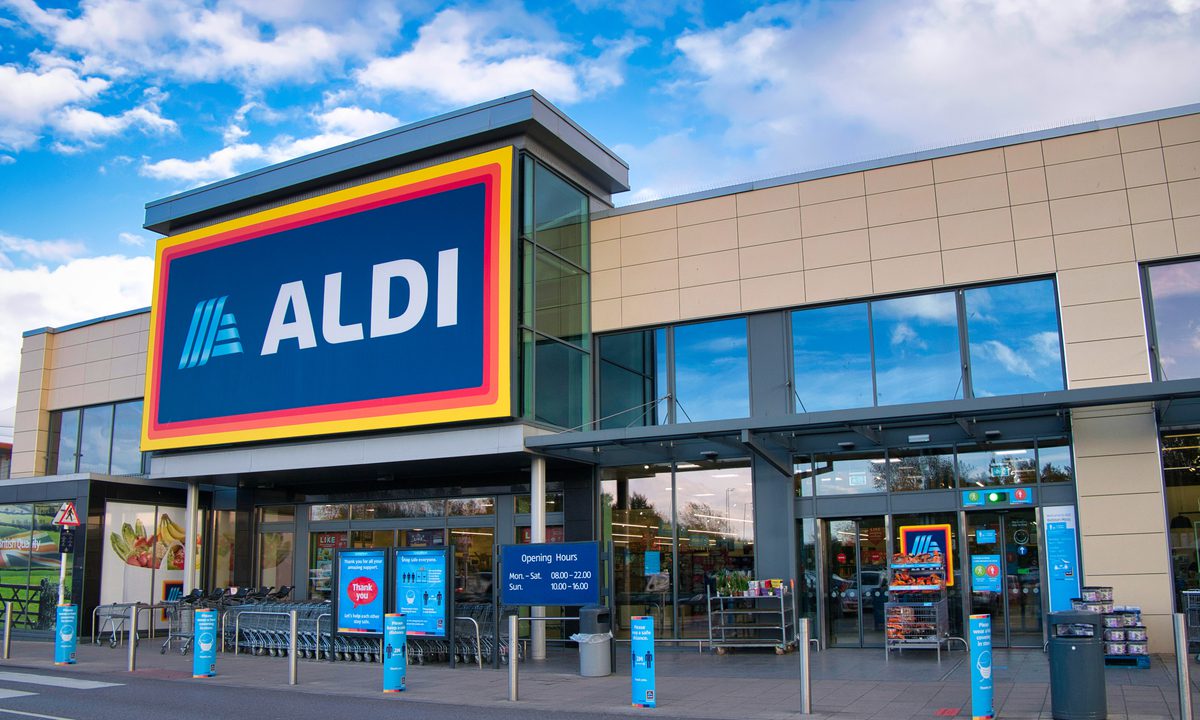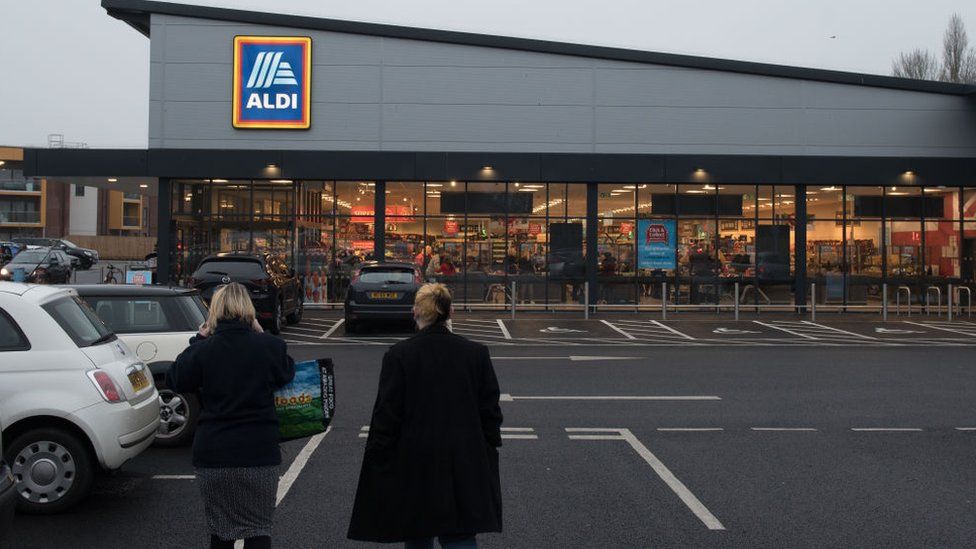Aldi Claims That Consumer Shopping Habits Have Changed For Good
Aldi claims that consumer shopping habits have changed for good as the CEO of Aldi in the UK and Ireland, Giles Hurley, says that it is due to the ongoing cost-of-living crisis. He predicts a lasting trend of increased purchases of store-brand products.
James DavisSep 28, 20233267 Shares71027 Views

Aldi claims that consumer shopping habits have changed for goodas the CEO of Aldi in the UK and Ireland, Giles Hurley, says that it is due to the ongoing cost-of-living crisis. He predicts a lasting trend of increased purchases of store-brand products.
In a bid to cut costs, consumers are embracing the growing popularity of economical supermarket own-label product lines. This surge in demand has propelled Aldi to surpass Morrisons, making it the fourth-largest supermarket in the UK. Alongside its competitor Lidl, Aldi has experienced the most rapid growth in the sector this year.
Currently, products bearing a supermarket's private label constitute more than 50% of all consumer purchases by value.
“„If you look in volume terms that figure is much bigger and at the moment own-label products are growing at twice the rate of branded goods. Why would [shoppers] go back?- Giles Hurley
The vast majority of the products offered by both Aldi and Lidl belong to their private-label brands.
Giles Hurley notes that in the past year, Aldi has gained nearly one million additional customers, with two-thirds of households in the UK now choosing to shop at their stores.
Aldi has recently disclosed its financial results for the year ending December 2022. In the UK, sales experienced a notable uptick, surging by almost £2 billion to reach £15.5 billion. Furthermore, the operating profit also saw a substantial increase, reaching £178.7 million, nearly tripling the amount earned in the previous year.
Contrastingly, other major supermarket chains have reported declines in profits. For instance, Lidl recorded an annual loss. Aldi attributes its profit boost to a particularly challenging previous year when its profit margin dipped to a historic low of 0.4%, primarily due to significant Covid-related expenses.
"It's really important to stress that margins in retail are extremely tight and we are no exception," said Mr. Hurley.
Last year, its profit margin, which gauges the earnings a company generates from its products after deducting costs and expenses, stood at 1.2%.
"That's just over a penny in every pound spent in an Aldi store," Mr Hurley points out.
Aldi has revised its long-term goal, aiming to expand its presence in the UK to 1,500 stores, up from its previous target of 1,200. Recently, the company celebrated the opening of its 1,000th store in Woking and plans to inject an additional £1.4 billion into the UK market over the next two years.
Nevertheless, securing suitable locations, especially in the south-east of England and London, remains a formidable challenge. The question lingers: will consumers maintain their loyalty to Aldi once the cost-of-living crisis abates? Some more affluent shoppers may opt to "trade up" once again.
According to retail expert Catherine Shuttleworth, brands play a vital role in driving innovation in the food and beverage sector. However, she believes that brands will need to invest in robust marketing campaigns to convince consumers that their products justify a higher price point.
Supermarkets are actively encouraging brand participation through loyalty card pricing schemes, and brands are keen to showcase their offerings to the millions of weekly shoppers in the ongoing battle to entice consumers back to branded products. For example, earlier this month, Sainsbury's offered a 50% discount on all Heinz-branded items for Nectar cardholders.
Despite these efforts, Ms. Shuttleworth predicts that our thrifty spending habits, shaped by the cost-of-living crisis, are likely to persist for the foreseeable future.
“„Discount shoppingis here to stay, so much so that shoppers don't even call Aldi and Lidl discounters any longer - they are their supermarkets of choice.- Giles Hurley
During a recent visit to an Aldi store located on the outskirts of Leicester, where the company is actively testing various innovative concepts, including the use of chiller doors on a majority of their fresh products to enhance energy efficiency, Giles Hurley firmly rejected the notion put forth by certain industry observers that Aldi had reached its limit in terms of causing disruption within the market.
“„There is a huge demand for our offer here in the UK. I frequently get customers writing to me asking for an Aldi store to come to their town or community. We have huge ambitions.- Giles Hurley
His mantra is that Aldi "will never be beaten on price."
However, larger competitors are not ceding the field to Aldi and Lidl without a fight. Competition in the supermarket arena remains as fierce as ever, with Tesco and Sainsbury's implementing Aldi price-matching initiatives.
While food price inflation is beginning to ease, it remains persistently high, having risen by 13.6% in the year leading up to August, according to data from the Office for National Statistics.
In response to this environment, supermarkets have been reducing prices on a wide array of products over the past few months.
Giles Hurley, at Aldi, assured that customers could expect continued price reductions in the medium term. However, he acknowledged the significant uncertainty surrounding the future, especially in light of the volatility witnessed over the past two years, marked by fluctuations in commodity costs, energy prices, and fuel costs.
"That volatility is still continuing."
Conclusion
According to Ms. Shuttleworth, Aldi's essential strategy should be to "stay focused on their core strengths" and continue offering lower prices compared to their competitors. This approach may require them to tolerate reduced profit margins while maximizing sales volume. Being a privately owned business allows them the flexibility to adopt a long-term perspective.
Jump to
Latest Articles
Popular Articles
